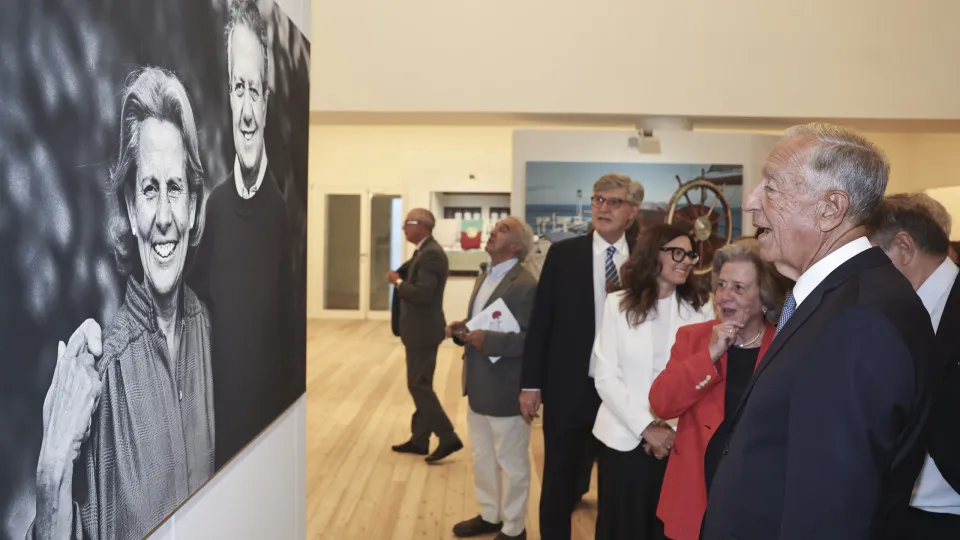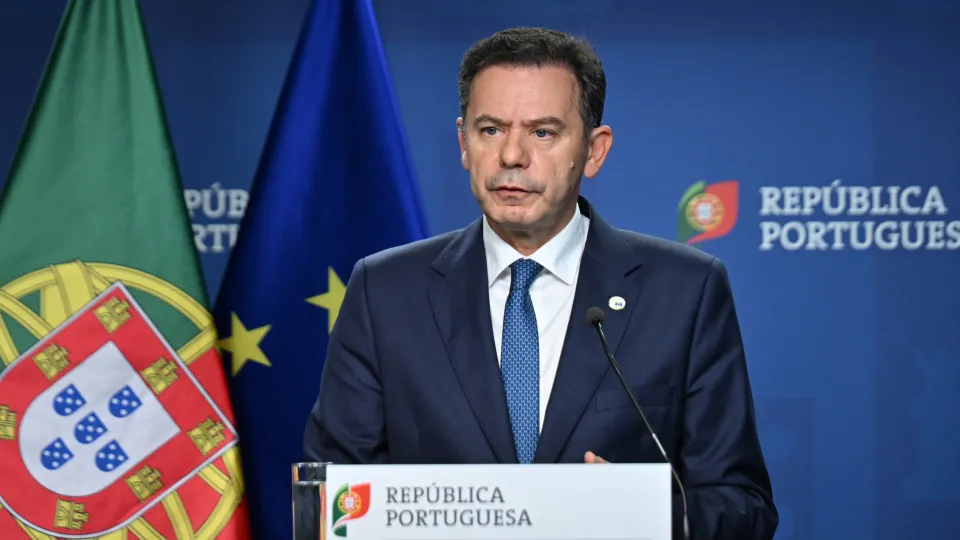
The Ministry of Internal Administration (MAI) has summoned the seven Public Security Police (PSP) unions with negotiation rights to begin meetings starting October 6 with the Associação Sindical dos Profissionais da Polícia (ASPP/PSP) and concluding on November 24 with the Sindicato Nacional dos Oficiais da Polícia (SNOP).
The MAI’s announcement aims to resume the negotiation process agreed upon in July 2024, which includes a phased increase in the risk supplement of 300 euros by 2026.
At that time, it was agreed that salary tables, careers, and supplement revisions would be negotiated, but according to the unions, these discussions did not progress under the previous government.
Under the leadership of Maria Lúcia Amaral, the MAI now seeks to initiate negotiations by meeting individually with each union. The unions have criticized that the first negotiation round ends on November 24, by which time the State Budget for 2026 is decided, noting that a comprehensive assessment of the meeting’s first phase is only slated for the end of 2025.
“This plan illustrates little willingness and interest from the government in resolving issues within the PSP,” stated SNOP President Bruno Pereira, adding that the schedule shows “very little concern in wanting to negotiate.”
For the president of the union representing the officers, the November 24 meeting closure shows “no intention” from the government to allocate any budgetary item resulting from the negotiations.
Bruno Pereira noted the agreement signed 15 months ago had seen “no development,” emphasizing the urgency of addressing issues in the PSP, particularly the profession’s lack of appeal.
SNOP has already communicated its disagreement with the meeting date to the MAI, requesting a change in schedule.
The Sindicato Nacional da Polícia (Sinapol) is also against the government’s management of this process, viewing the MAI’s timeline as unnecessarily protracting negotiations amid “serious issues needing resolution in the police force.”
Sinapol President Armando Ferreira deemed the schedule unacceptable and, in statements, said that the minister committed, during the first meeting with the unions in July, to begin negotiations in September.
As negotiations do not proceed immediately, Armando Ferreira stated that Sinapol plans to organize multiple protests in October at major transport hubs, including airports, sea ports, and rail and bus stations, with exact dates to be announced.
The Sindicato Independente dos Agentes de Polícia (SIAP) also contested the timeline, questioning “when does the government plan to decide on police officers’ futures?”
In a statement, SIAP criticized starting negotiations only after the State Budget’s approval as a “clear sign of no willingness to financially value security forces.”
SIAP called for collective bargaining with meetings involving all seven unions and urged other unions to join in a collective protest.
The ASPP also criticized the proposed negotiation timeline, arguing that it will prolong discussions and potentially delay the implementation of demands to 2026.
“The ministry should revise the schedule sent out to conclude the interrupted negotiation process as soon as possible so it’s implemented still in 2026,” ASPP President Paulo Santos remarked.




